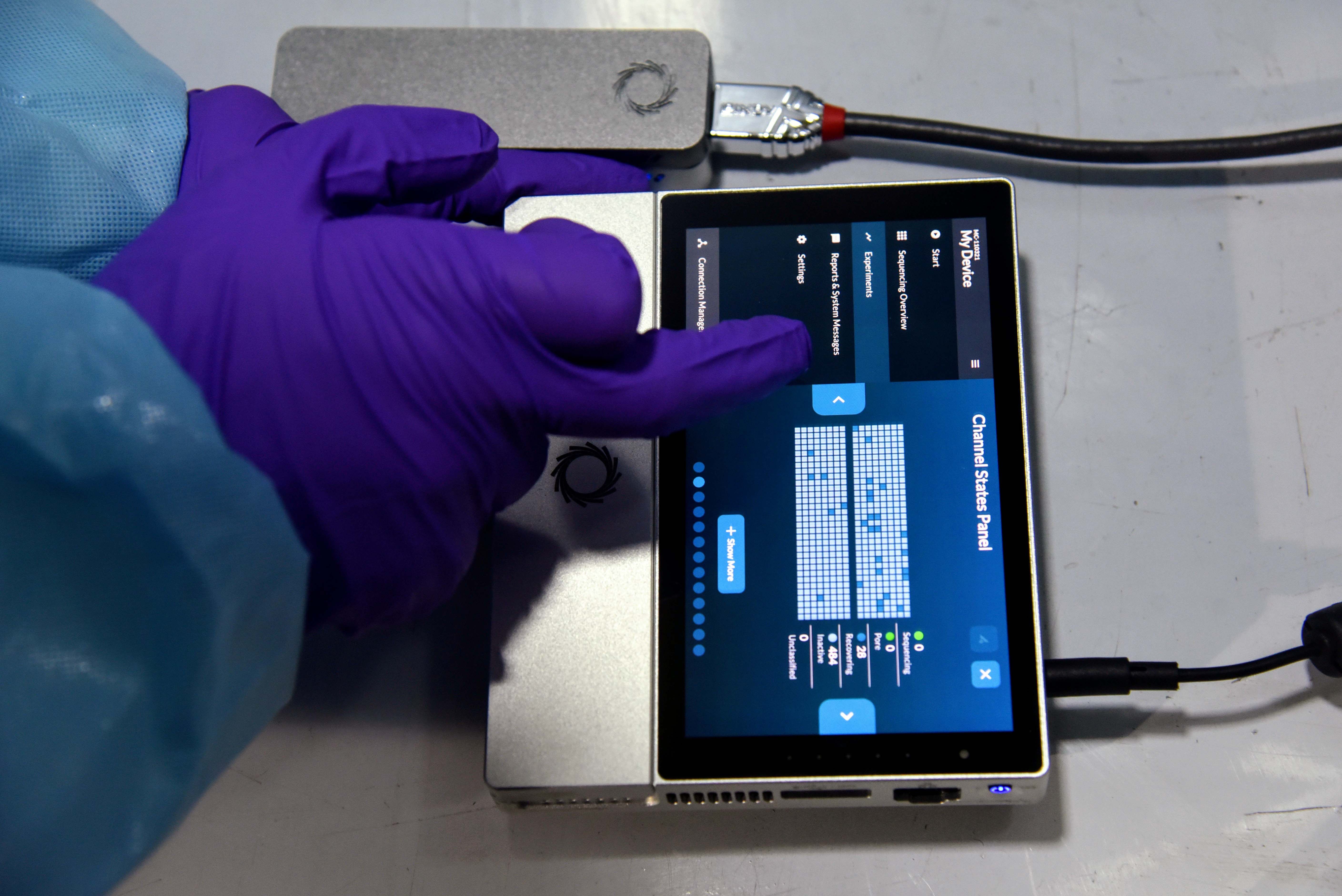New Delhi: Global research activity to combat the coronavirus pandemic has once again reignited the faith on the notion of globalization and the world as a global society. The same spirit is also required today on climate change and to eliminate hunger from the world. The pandemic has no doubt augmented global research activities on health, but has impacted overall research activities in one way or the other.
Be it the Covid-19 or any other virus, it doesn’t stop at borders and neither should researchers and scientists. Scientists should share their knowledge and expertise with the scientists of the country where a lot more is still required to be done to combat the pandemic. All countries cannot afford to develop and produce vaccines for Covid-19 as per their requirement and demand. Scientists by doing so can strengthen the idea of globalization and the concept of a global society. India has done a remarkable job by providing a helping hand to countries struggling hard to find a vaccine for Covid-19. Very recently the United Nations Secretary-General has asked India to play a greater role in the global vaccination campaign and also termed the vaccine production capacity of India as the “best asset” that the world has today.
As per the findings of the Economist Intelligence Unit, it is estimated that more than 85 poor countries will not have widespread access to coronavirus vaccines before 2023. According to Agathe Demarais, the Economist Intelligence Unit Global Forecasting Director, “The contrast between rich countries and poorer ones is stark. Most developing countries will not have widespread access to the shots before 2023 at the earliest. Some of these countries—particularly poorer ones with a young demographic profile—may well lose the motivation to distribute vaccines, especially if the disease has spread widely or if the associated costs prove too high.”. Therefore, advance countries should pledge and come forward to share their expertise with the developing or poor countries to combat the pandemic where the research activities have been hit hard due to pandemic.
In March last year, a survey was conducted by the Berlin-based ResearchGate on the impact of Covid-19 on the global scientific community, where 3,000 international researchers had responded within a time-frame of 24 hours. As per the findings, 82% of the respondents said that their work was impacted by the coronavirus pandemic. Also 68% of respondents said that they were spending less time on research related activities. Around 67% of respondents claimed that they were working from home. ResearchGate is considered to be the biggest scientific network where 16 million scientists and researchers including 79 Nobel Laureates have registered to be in touch with one another, share their research work and get the support of scientists to advance their research.
Study should also be conducted by researchers to gauge the impact of Covid-19 on global research activities till date. For the simple reason because one can have virtual classrooms, conferences, meetings and other participation but it would be almost difficult to have virtual laboratories and therefore the impact on research activities could be more than anticipated.
According to Dr Alex Liu, CEO and Founder of RMDS Lab, President of Global Association for Research Methods and Data Science, Advisor, Harvard University Data Science Review and former Chief Data Scientist, IBM, “The research industry might have not been impacted that much by Covid-19, in comparison to others. However, I do see some effects in global research activities like more cross regional and cross national research communication and collaboration emerged. As researchers spend most of their time at home, communicating with co-workers from the same institute is about the same as communicating with another researcher from thousands of miles away. Many just used this opportunity to start more in depth discussion with colleagues or friends in different cities or even overseas. More interdisciplinary research emerged, especially around public health.”
Adds Alex Liu: “As Covid-19 affects everyone, every researcher started to pay attention to Covid-19 and its impacts from different perspectives, which created many opportunities for interdisciplinary studies. For example, in the Spring 2020, our RMDS co-organized a computational challenge of Covid-19 risks with the City of Los Angeles, for which more than 400 teams from all over the world in Middle East, in Asia, in North America from different disciplines of computer science, public health, business, statistics. More usage of online collaboration platforms and tools including Zoom and more usage of Zoom for research discussion and usage of tools like GitHub to exchange info are obvious.”
In the book, Good Economics for Hard Times, by Noble Laureate, renowned MIT economists Abhijit V. Banerjee and Esther Duflo reminded the approach that is required during hard times and it is also true when we are fighting the pandemic. According to them, “Immigration and inequality, globalization and technological disruption, slowing growth and accelerating climate change—these are sources of great anxiety across the world, from New Delhi and Dakar to Paris and Washington, DC. The resources to address these challenges are there—what we lack are ideas that will help us jump the wall of disagreement and distrust that divides us. If we succeed, history will remember our era with gratitude; if we fail, the potential losses are incalculable.”
The above-mentioned statements from the book can guide us when we are fighting the pandemic. It also requires good economy for the present hard times, good strategy, ideas and above all cooperation and knowledge sharing with the countries struggling presently because of lack of good economy for the present hard times due to the pandemic.
Mohd Naushad Khan is a freelance journalist.
Covid-19 hits global research activities
- Advertisement -

